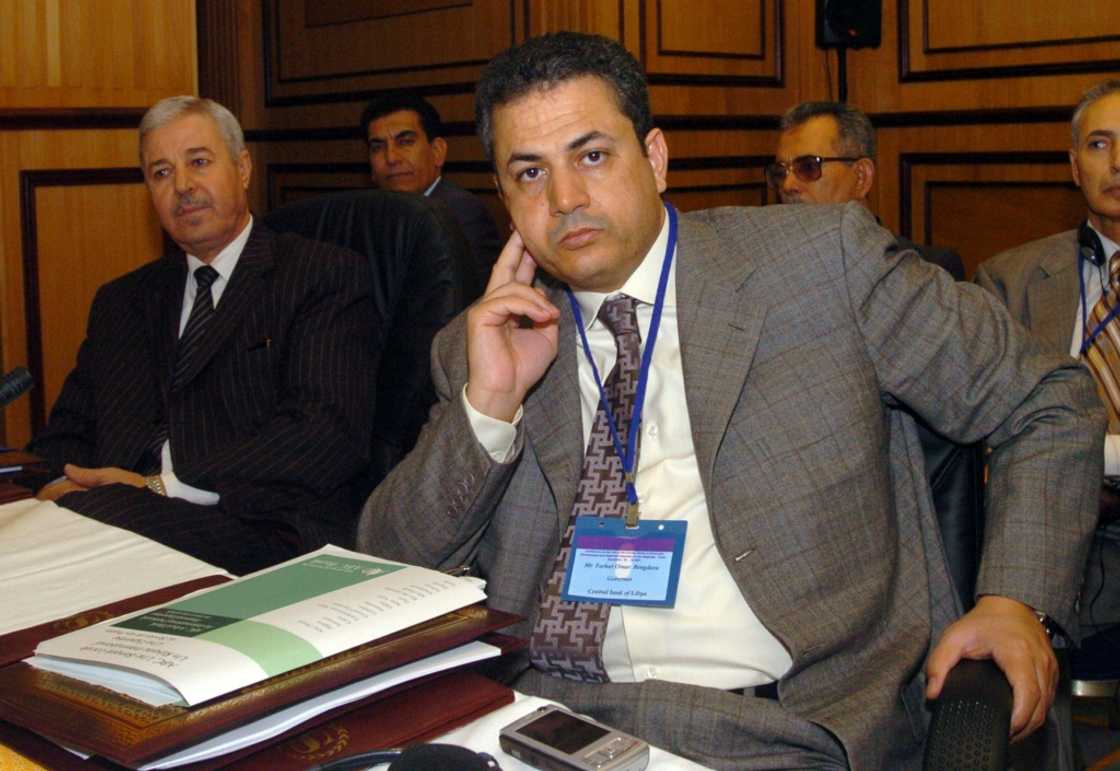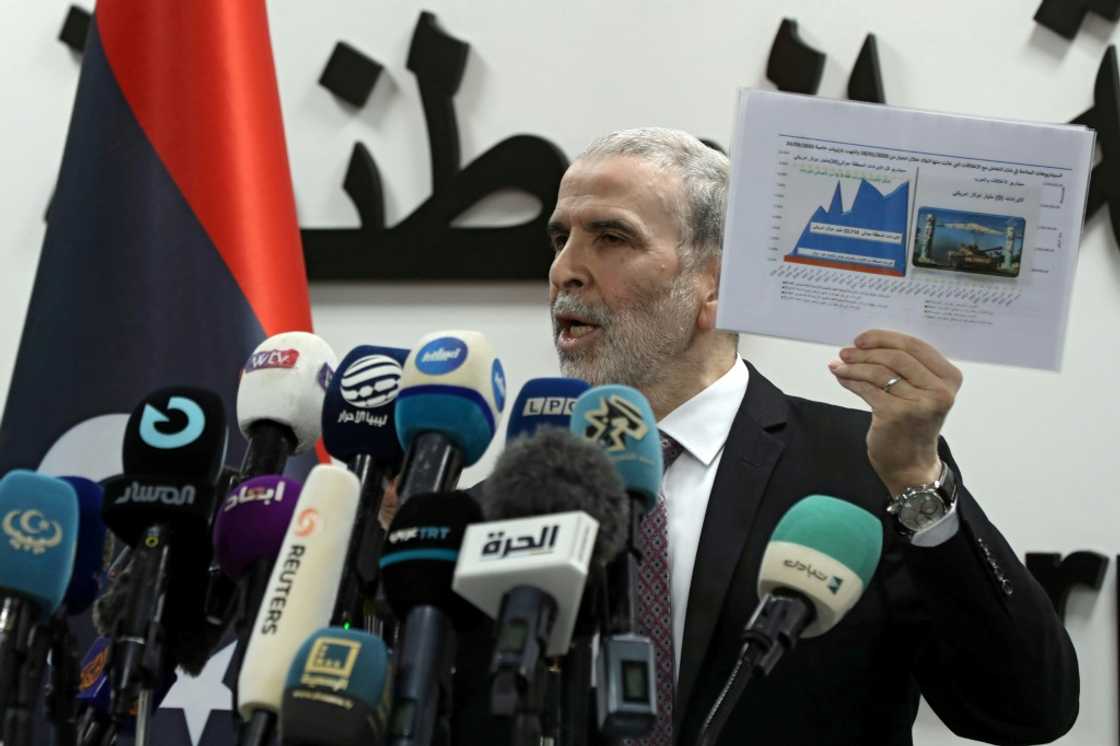New chief at Libya's key oil firm, US warns against confrontation

Source: AFP
New feature: Check out news exactly for YOU ➡️ find “Recommended for you” block and enjoy!
A new chief took office at Libya's National Oil Corporation on Thursday in place of veteran technocrat Mustafa Sanalla, prompting the United States to warn against any "armed confrontation" over the vital sector.
Oil is often at the heart of political rivalries in Libya, which has two governments, one in Tripoli led by Abdulhamid Dbeibah, appointed last year as part of a United Nations-backed peace process aimed to end more than a decade of violence in the North African country.
Dbeibah appointed former central banker Farhat Bengdara to replace Sanalla as NOC head, in a decree made public on Wednesday.
In a defiant video message, Sanalla told Dbeibah that "this institution belongs to the Libyan people, not to you or the Dbeibah family" adding that "the mandate of your government has expired".
On Thursday morning, Bengdara took up office.
"It's vitally important under the current conditions that Libya regains its oil and gas export capacity as quickly as possible," Bengdara told reporters in Tripoli.
PAY ATTENTION: Enjoy reading our stories? Join YEN.com.gh's Telegram channel for more!
"The oil sector has fallen prey to political struggles, but we will work to prevent political interference in the sector," he added.
'Vital' to stability

Source: AFP
The dispute comes three months into a blockade of key eastern oil facilities which has slashed Libya's output, even as global oil markets are rattled by the war in Ukraine.
That has put pressure on consumer nations' governments including the US administration of President Joe Biden to persuade other producers to ramp up output.
Libya is sitting on Africa's biggest proven crude reserves.
The US embassy said it was following the developments "with deep concern", saying the NOC was "vital" to Libya's "stability and prosperity".
It also praised Sanalla, who has led the body since 2014 and has survived several attempts by Dbeibah's oil minister Mohammed Aoun to oust him.
US Ambassador Richard Norland, who has been working on a mechanism to manage the highly disputed revenues from Libya's crude sales, said the NOC had "remained politically independent and technically competent" under Sanalla.
"The reported replacement of the NOC board may be contested in court but must not become the subject of armed confrontation," Norland added.
Unlike many other Libyan state bodies, the NOC has largely managed to remain neutral despite violence since the 2011 toppling of dictator Moamer Kadhafi in a NATO-backed rebellion.

Source: AFP
But control of oil production and revenues has often fuelled political tensions, which have ticked up in recent months after the country's eastern-based parliament appointed a rival administration, led by former interior minister Fathi Bashagha, and backed by military strongman Khalifa Haftar.
Dbeibah has refused to cede power before elections, and Bashagha has so far failed to take office in Tripoli.
However, Dbeibah's move to replace Sanalla with Bengdara, a Kadhafi-era central banker rumoured to have close links to Haftar and the United Arab Emirates, has triggered speculation of a deal with the military strongman that would allow Dbeibah to stay in power.
Bengdara insisted Thursday that he had been picked for the job "because I'm a non-partisan man and not linked to any one side, and because I can travel anywhere in Libya."
But Sanalla, who has skillfully mediated disputes to keep Libya's crude flowing and positioned himself as an interlocutor with foreign powers and oil firms, accused the UAE of involvement in his sacking.
War-battered Libya suffers chronic power outages and rising poverty. This has fuelled public anger that has piled pressure on political elites in both east and west.
On Wednesday the NOC said it was lifting a force majeure at two eastern export terminals. They had been blockaded for three months by groups demanding Dbeibah's departure.
New feature: Check out news exactly for YOU ➡️ find "Recommended for you" block and enjoy!
Source: AFP




